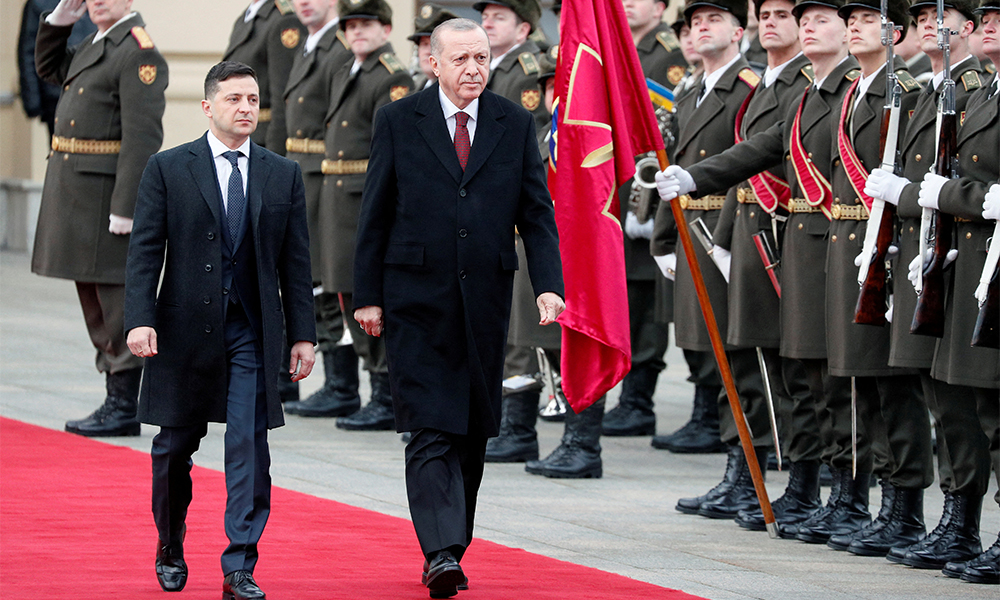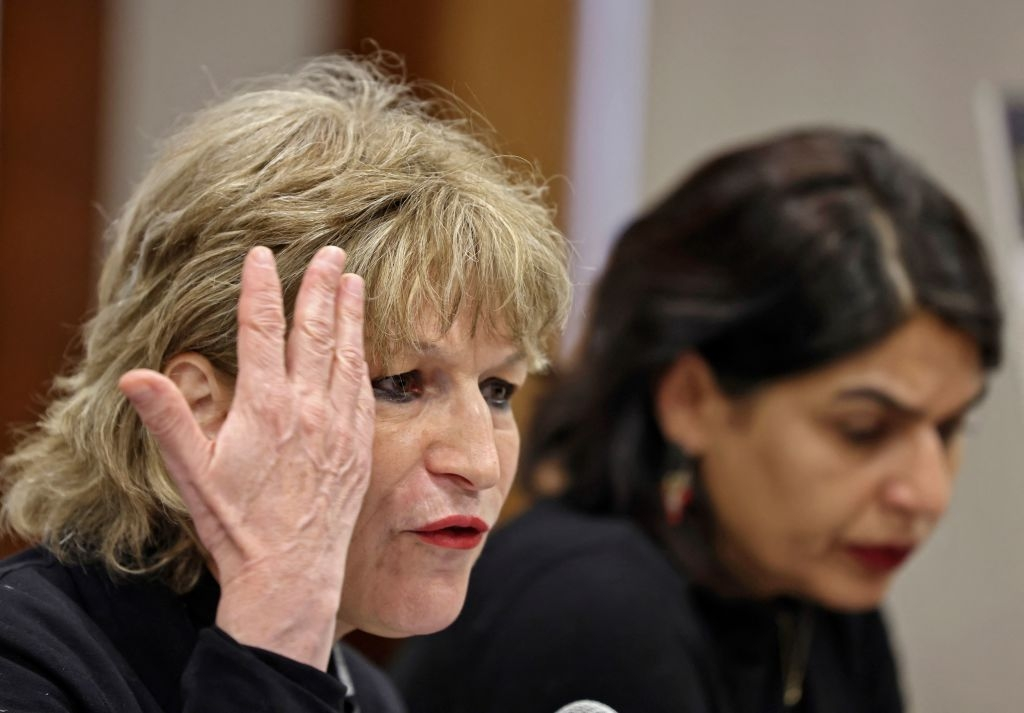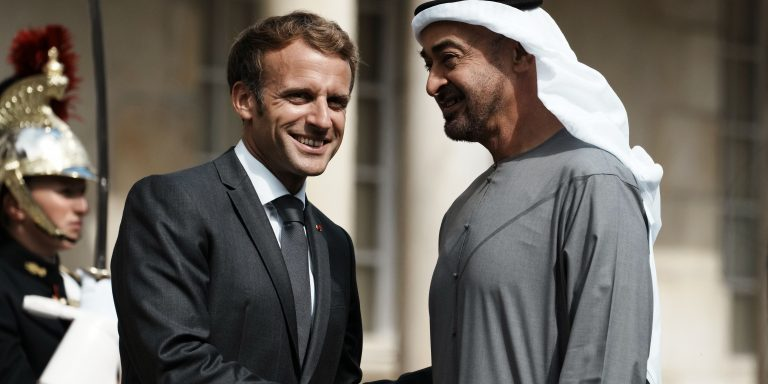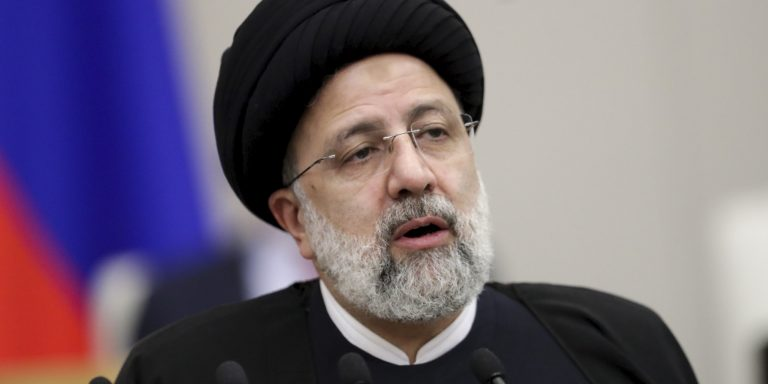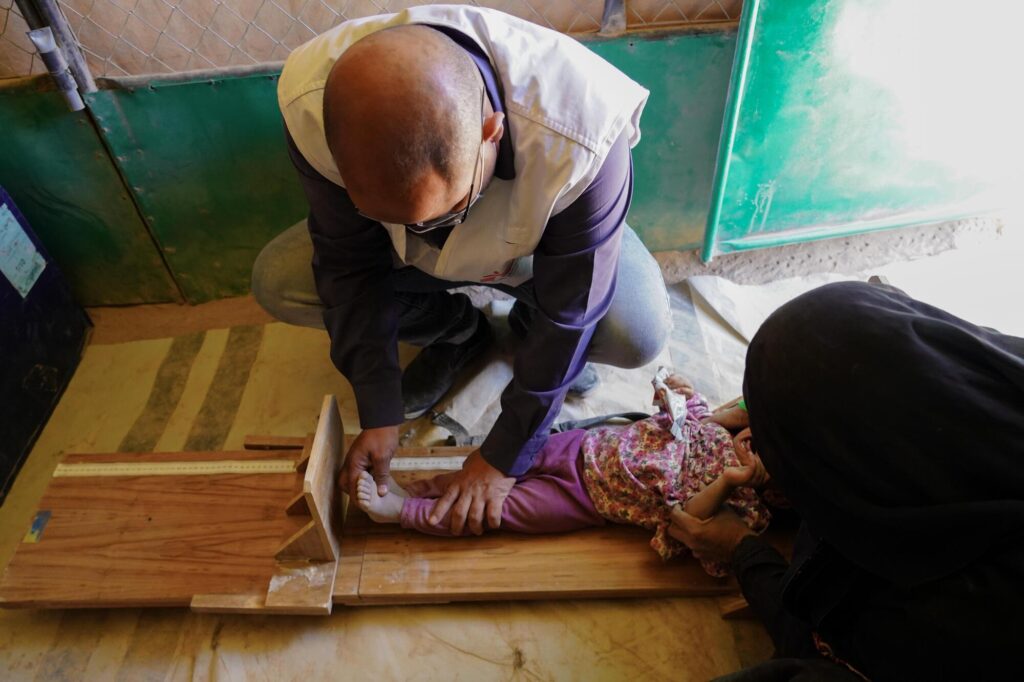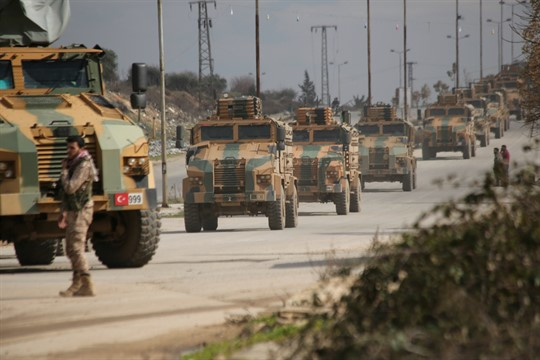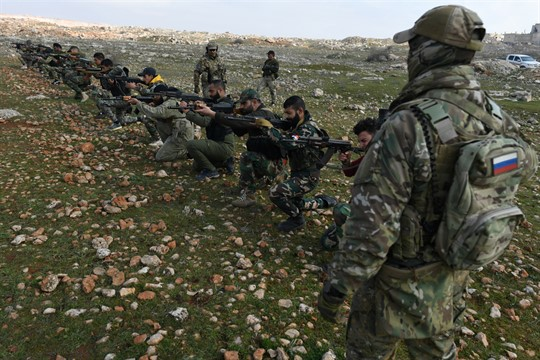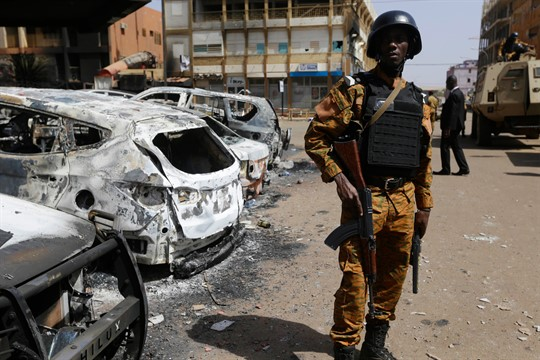The Al-Qurayshi Raid In Syria, What We Know So Far
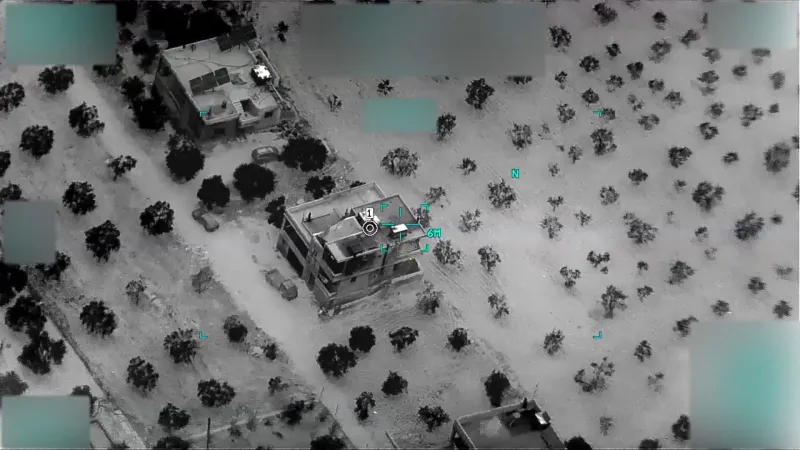
The planning for this raid would have begun months ago, most likely involving signal intelligence, a fancy word for tracking the target’s use of cell phones by him or known associates. From there the noose would tighten in terms of his exact location. Once that was worked out to a reasonable approximation, assets on the ground would then do the leg work of surveilling the location to assure the target was really present there.

